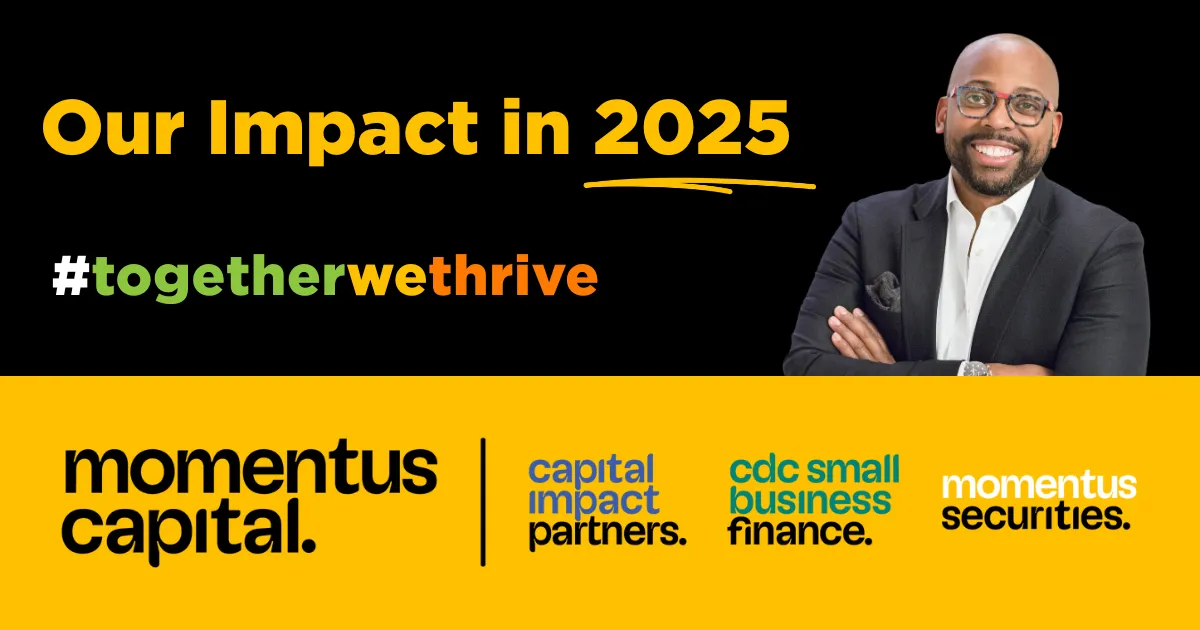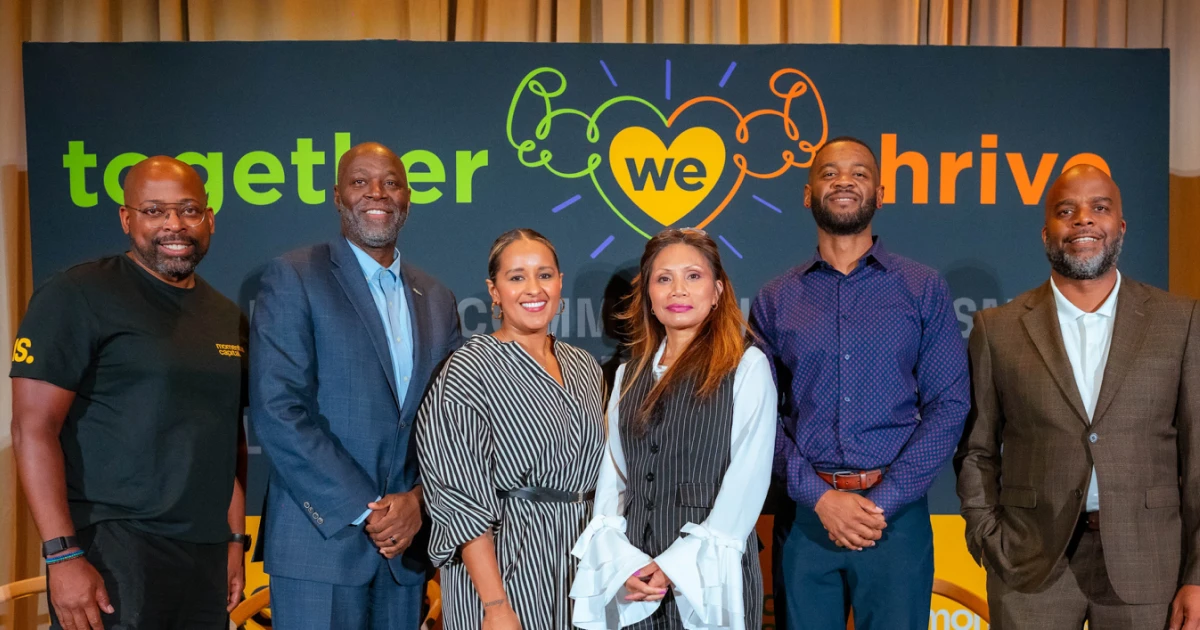With a mission to empower equitable community growth, CDC Small Business Finance and Capital Impact Partners recently launched three place-based pilot programs as part of our new alliance. The pilots are in Detroit, Los Angeles, and Washington, D.C. Metropolitan (D.M.V). Cross-organizational teams have been engaging with these communities to identify the unique issues of each city.
As part of the alliance’s focus on Detroit, CDC Small Business Finance’s CEO, Kurt Chilcott, and Capital Impact Partners CEO, Ellis Carr recently wrote an Op-Ed about their holistic approach to community and economic development that was published in The Detroit News.
As always, CDC Small Business Finance is rooted in its mission to provide small business owners in California, Arizona and Nevada access to affordable and responsible financing.
It is exciting to be able to extend our expertise in SBA 7(a) Community Advantage working capital lending to our three place-based pilot programs in order to make an even greater impact. Our SBA 504 lending remains only available in California, Arizona and Nevada.
As published in The Detroit News on February 8, 2021
Opinion: Equitable revitalization critical to Detroit’s future
Ellis Carr and Kurt Chilcott
In looking at the challenges of rebuilding Detroit, it’s helpful to compare it to that of an ecosystem. The similarities are striking.
Take the Great Lakes, for example. This ecoregion contains a variety of habitats, including aquatic, forest, marsh, wetland and dune ecosystems. This varied topography not only sustains more than 3,500 species of plants and animals, but also provides food and shelter, and supports health, livelihoods and recreation.
Just as with Great Lakes, cities are interconnected ecosystems that are impacted — both positively and adversely — based on resources and how they collaborate as a single system. It is not enough to focus on protecting just one of these areas, because without a harmonious ecosystem, we will lose the watershed as a whole. Similarly, we must think holistically about our approach to community and economic development to achieve sustainable change.
We believe, now more than ever, this is the time to wholly invest in Detroit. But as the issues of racial injustice and the pandemic have highlighted, we must do so through a prism that focuses on building equitable communities that is intentional, innovative, scalable and inclusive for all Detroiters.
But what does that look like?
An example includes looking back at the 2014 $100 million investment by JPMorgan Chase with local partners, including Capital Impact. While an important spark, Capital Impact realized our approach at investing in communities was missing an important focus.
We found there were not adequate resources to support developers of color, even though Detroit is a majority Black city. In response, we launched the Equitable Development Initiative and the Diversity in Development — Detroit Loan Fund to better ensure that real estate developers who represent the city’s diversity are able to participate in the city’s revitalization.
Our experience highlighted the deeper effects lack of access to financing and education have for communities of color. We realized that communities not only needed the essentials including quality housing, health care and education, but also the opportunity to build and develop intergenerational wealth that small business ownership helps drive.
It makes sense, then, that a holistic approach must support more Black, Latino and Native Americans along their path to start small businesses.
Another missed opportunity is the ability to connect capital markets with communities. Unlocking that untapped potential not only helps drive institutional money into the ecosystem to help it thrive, but also dispels the myths that exist between real and perceived risks for impact investing.
Pulling just one or two of these levers is no longer enough. With these communities on a path that will continue to be devastated and dismantled for multiple generations while increasing the chasm that is the racial wealth gap, a true ecosystem approach is critical at this time.
That is why our two organizations, both leaders in their industry, have come together to form a unique alliance to implement scalable lending solutions that address the widening racial wealth gap.
Our pilot program in Detroit is laying the groundwork for a racially and socially equitable ecosystem by providing a continuum of capital and resources that includes lending products, services and support. We recognize and understand that work like this has been done before in Detroit. Through our unique collaboration, however, we will be able to speed up the process while bringing new thinking to drive a deeper, broader and more sustainable impact.
We are committed to creating an upward trajectory for the Detroit community, while also working toward a continued awakening of this country well beyond our current situation in order to truly move the needle for change.
Ellis Carr is president and CEO of Capital Impact Partners. Kurt Chilcott is president and CEO of CDC Small Business Finance.
STAY CONNECTED
Get the latest small business news and tips:



